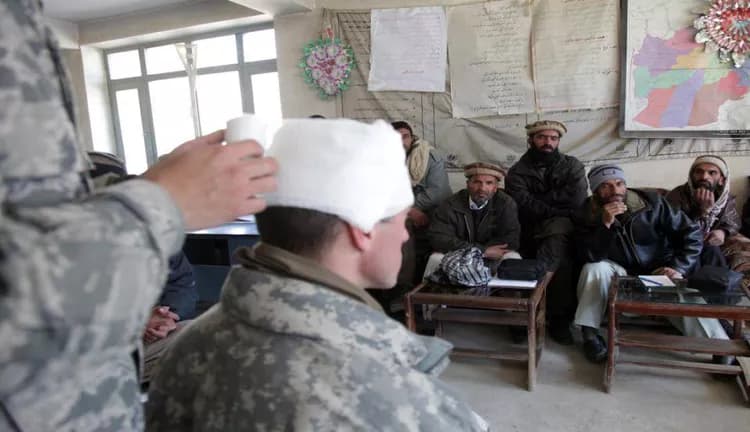What is Head Trauma?
- Head Trauma is a term, which refers to any injuries to the scalp, skull, or brain. It is one of the most common injuries associated with death and disability, all over the world
- Depending on the severity of the injury, minor trauma may be adequately treated through over-the-counter painkillers, while major trauma to the head may require the immediate assistance of emergency medical personnel
What are the Causes of Head Trauma?
A Head Trauma may be caused by:
- Contact sports
- Falls
- Assault
- Accidents
What are the Signs and Symptoms of Head Trauma?
Signs and symptoms of Head Trauma depend on the severity of the injury. It also varies depending on the type of injury; whether closed or open.
Signs and symptoms of a major Head Trauma may include, but is not limited to:
- Nausea and/or vomiting
- Localized swelling, with or without bruising
- Laceration
- Severe headaches
- Severe bleeding
- Clear fluid leaking from the nose or ears
- Discoloration/bruising, under the eyes or behind the ears
- Speech disturbances
- Confusion
- Irregular heart beat
- Loss of balance
- Difficulty using arms or legs
- Difficulty breathing
- Unequal pupil size
- Impaired sensations; may include vision, hearing, taste, and/or smell
- Seizures
- Unconsciousness
In children:
- Inconsolable or persistent crying
- Bulging of the fontanel (soft spot in head) in infants
- Any of the above-mentioned signs or symptoms
How is First Aid administered for Head Trauma?
First Aid tips for Head Trauma include:
In case of a minor trauma:
- Apply an ice-pack or ice wrapped in cloth, on the affected area
- Check for any bleeding signs
In case of a severe trauma:
- Call 911 (or your local emergency number), if the individual has:
- Severe headaches
- Severe bleeding
- Clear fluid leaking from nose or ears
- Discoloration/bruising under the eyes, or behind the ears
- Speech disturbances
- Confusion
- Irregular heartbeat
- Loss of balance
- Difficulty using arms or legs
- Difficulty breathing
- Unequal pupil size
- Impaired sensations including vision, hearing, taste, and smell
- Seizures
- Unconsciousness
- If the individual is not breathing, begin CPR immediately
- Immobilize the individual
- STOP any bleeding by applying direct pressure on the affected area, using a clean cloth or bandage
- DO NOT apply direct pressure, if the individual has a skull fracture
- Try to keep the head, neck, and body, in line to avoid or aggravate (any) spine injury
- DO NOT wash the affected area
- DO NOT just turn the individual’s head, if he/she is vomiting; instead, move their head, neck, and entire body, to one side
- DO NOT remove any object sticking out from a wound, for this may cause severe bleeding
- DO NOT remove the helmet, if a head injury is suspected
- DO NOT pick up a child, if the child has a head injury
- DO NOT take alcohol, following a head injury
Who should administer First Aid for Head Trauma?
The individual with the Head Trauma or someone near the affected person, or qualified healthcare personnel, may administer First Aid.
What is the Prognosis of Head Trauma?
The prognosis depends on the severity of the Head Trauma, and the prompt treatment rendered.
How can Head Trauma be Prevented?
A few helpful tips to prevent Head Trauma:
- Use of appropriate headgear, wearing helmets and seat belts, may help avoid severe injuries
- Fall proof the home, especially considering children and elderly adults
- Do not allow infants to play near the stairs
- Do not allow toddlers and young children to use stairs, without adult supervision
What are certain Crucial Steps to be followed?
- Immobilization of the head and neck
- Control bleeding (if any)
- Starting CPR
- Calling 911 (or your local emergency number)
Related Articles
Test Your Knowledge
Asked by users
Related Centers
Related Specialties
Related Physicians
Related Procedures
Related Resources
Join DoveHubs
and connect with fellow professionals


0 Comments
Please log in to post a comment.